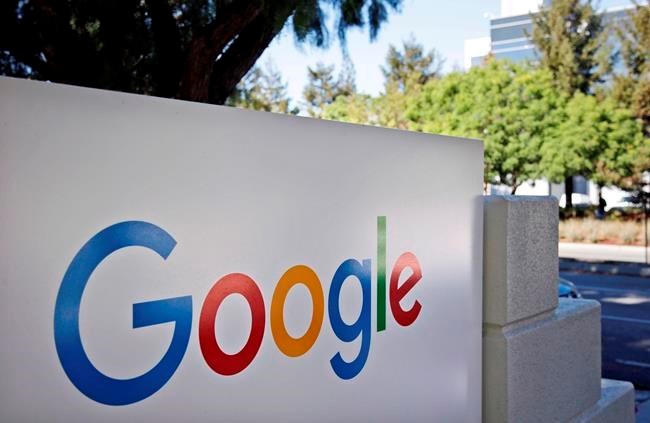OTTAWA — A senior executive says Google hasn't made a final decision whether it will limit journalism links from Canadians if the federal government's online news bill passes.
Earlier this year, Google ran a five-week test that prevented 3.3 per cent of its Canadians users from seeing news links when searching for journalism on its search engine. It affected more than one million IP addresses, Google confirmed.
While the test ended in March, it remains a longer-term option for Google in response to the bill, which it opposes.
"We are continuing to raise concerns ... we think there's a better model," said Kent Walker, Google's president of global affairs and chief legal officer, while testifying Thursday at the Canadian Heritage committee.
"We have not reached a final decision as to what business actions we might have to take."
The online news bill, also known as Bill C-18, would require tech giants to pay Canadian media companies for linking to or otherwise repurposing their content online.
Walker appeared alongside Google's vice-president for news, Richard Gingras, as the committee studied the actions of the Silicon Valley giant.
Gingras said the bill's passage would incentivize clickbait content over high-quality local journalism, and likely require the company to pay publishers for non-factual or misleading content. It "threatens to create a situation where everybody loses, " he said.
"If we must pay publishers simply for linking to their sites ... it would be reasonable for us, or any business, to reconsider why we would continue to do so," Gingras said.
Google said it would prefer to contribute to a media fund that would align with the government's policy goals while funding local journalism.
It also doesn't believe its test had prevented Canadians from seeing news.
News makes up less than two per cent of searches on Google, the company said.
"There's lots of ways they can see news, but there was less appearances of news on our services," Walker said.
Gingras added that he doesn't feel "contrition" about the actions Google has taken, but he feels a deep sense of responsibility for his work. He said he wished he could convince parliamentarians there's a better approach than passing Bill C-18 in its current form.
Meta, which owns Facebook and Instagram, has also said it is considering blocking news from its Canadian platform in response to the bill, which is now being considered by the Senate after passing in the House of Commons in December.
"Our belief has been that it's a normal business practice when there's a tariff or fee for a good or service that businesses will naturally see whether or not they should provide that good or service," Walker said.
NDP MP Peter Julian, who sits on the committee, said he views the executives' comments as a threat.
"They have in not any way apologized and haven't in any way indicated that they won't do it again," Julian said of Google's test.
"I think that's very disturbing when you have a very powerful, very wealthy corporation that doesn't learn from their mistakes. That's problematic."
This report by The Canadian Press was first published April 20, 2023.
Mickey Djuric, The Canadian Press




